She also provided insights into key steel decarbonization trends for 2024 and the benefits of SteelZero membership for businesses.
South Korea ranks as the world's sixth-largest crude steel producer. Clarkson emphasized the relationship between Korean steel manufacturing and consumption companies and SteelZero, highlighting its role in ensuring environmentally friendly products and sustainability.
SteelZero is a global initiative bringing together leading organizations to accelerate decarbonization in the steel industry. With over 40 members worldwide, including major automobile manufacturers, construction companies, and energy firms, SteelZero aims to drive the transition to carbon-neutral steel production.
Clarkson noted the increasing commitment of countries and companies worldwide to purchase and use 100% carbon-neutral steel by 2050, leading to a rising demand for clean steel products. This shift is expected to enhance the competitiveness of eco-friendly products and drive Korean companies' demand for such products.
Regarding the potential impact of trade restrictions like CBAM on Korean steel exports to Europe, Clarkson stressed the importance of such trade regulations for Korean steel companies and the global steel industry as a whole. Given that Korean steel companies export more than one-third of their steel production, regulations like CBAM carry significant implications.
According to a report by the Korea Institute of Energy Research, greenhouse gas emissions from South Korea's steel industry accounted for 13.3% of the country's total emissions as of 2018. Considering this, trade regulations like CBAM are of great importance.
However, while CBAM holds potential for reducing global carbon emissions, it poses significant risks for South Korea, which heavily relies on exports of products that may be affected by CBAM.
Lastly, Clarkson emphasized the importance of steel producers being prepared to meet the growing demand for carbon-neutral steel as decarbonization trends in the global steel market are expected to intensify in 2024.



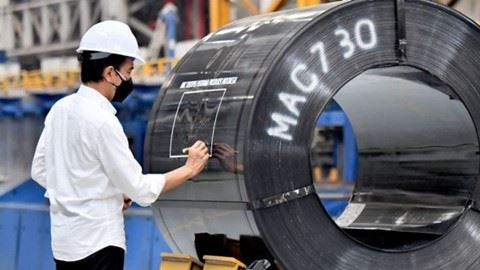
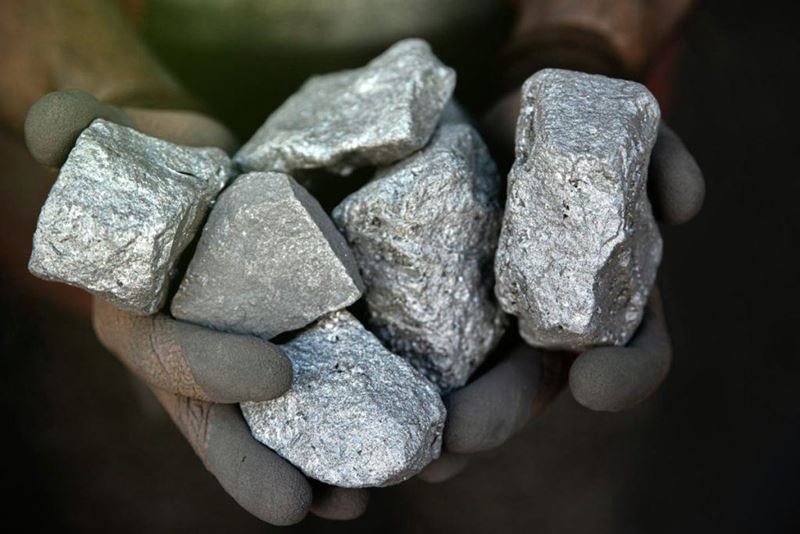
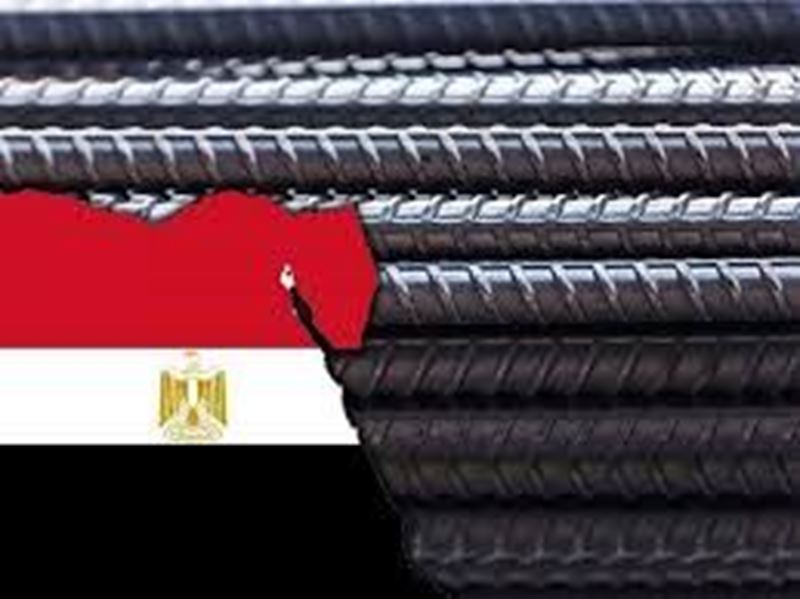
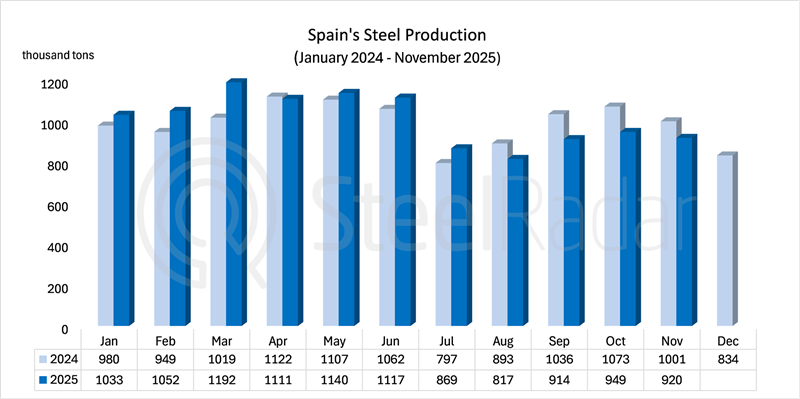

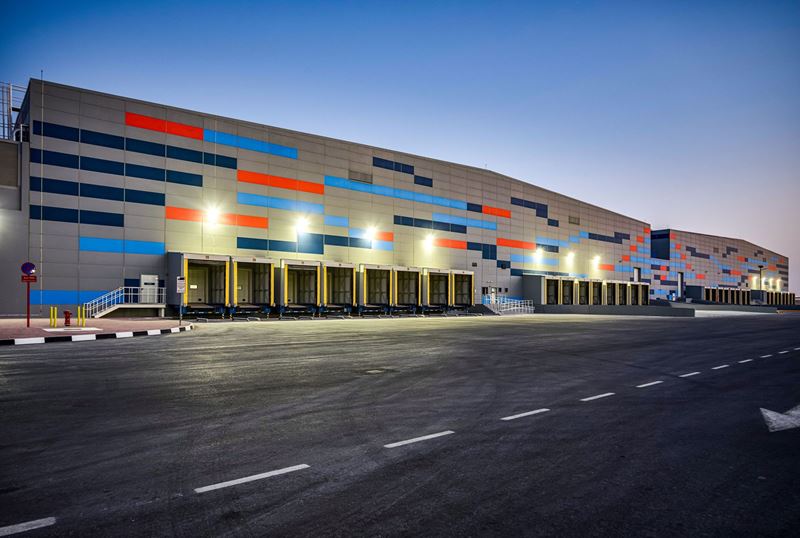


Comments
No comment yet.